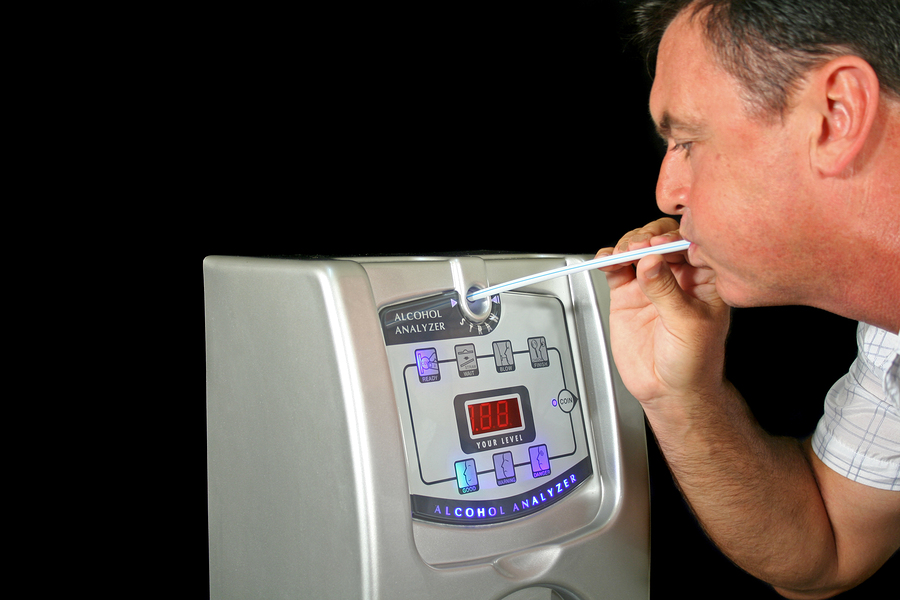
First Offense Drunk Driving and Pennsylvania’s ARD Program
When it comes to crime, repeat offenders tend to elicit less sympathy from a sentencing standpoint, because in the eyes of the courts, they have demonstrated that they are either unable or unwilling to reform. However, for first-time DWI offenders who have no previous criminal record, the state of Pennsylvania offers a unique First Time Offender program known as ARD (Accelerated Rehabilitative Disposition). Not everyone is eligible for ARD, but qualifying for the program can prevent a damaging criminal conviction.

How to Qualify for ARD in Pennsylvania
Even misdemeanor convictions can lead to difficulties in the future. A background check that fails to come up clean can be a massive red flag to employers and landlords, and can put a dent in your regular reputation and social life as well. Furthermore, nobody wants to go to jail if they can avoid it. Luckily for select individuals, they can avoid it — if they qualify for Pennsylvania’s ARD program.
In order to be eligible for ARD, there are two broad requirements which must, without exception, be met by program hopefuls:
- This must be the offender’s first criminal charge — ever. Even a misdemeanor from the past will eliminate an individual from ARD consideration.
- The current criminal charges must be misdemeanor-level. ARD is not applicable to felonies.

How the ARD Program in Pennsylvania Works
DUI is one of the most common charges associated with ARD. Candidacy for ARD is at the sole discretion of the DA, who will review the applicant’s background and history. No judge is involved. But, the absence of a judge does not imply the absence of a court. Here’s how the process typically goes:
- The applicant makes an appeal at a preliminary hearing in court. This hearing is not about guilt or innocence; it’s about determining how much evidence the state of Pennsylvania has against the applicant. At this hearing, the person will be court-ordered to complete:
- CRN (Court Reporting Network) evaluation. This evaluation consists of paperwork and interview questions which are designed to determine the nature of the applicant’s relationship with alcohol.
- Depending on your BAC at the time of the accident, and the results of the CRN evaluation, the applicant will be required to attend Alcohol Highway Safety Classes, typically for either 16 or 32 hours. They may also be required to receive counseling about their alcohol use.
- In addition to AHSC, the applicant will be required to complete a given amount of community service, and pay a fine. The minimum average is about $1,400.
- The applicant must successfully complete a probationary period (usually six months to one year) during which they must remain arrest-free.
- If probation is successfully completed, the DA will then drop the charges, and the case becomes eligible for an expungement.
Without an expungement, your “rap sheet” (containing mug shots, fingerprints, etc.) will remain as it is. If you successfully apply for an expungement, all records of the arrest (including your rap sheet) will be destroyed.
Pennsylvania DUI Attorneys Offering Free Consultations
If you are facing charges of DUI in Levittown, and you are a first-time offender who meets the qualifications, you may be eligible for ARD. Contact our Abington DUI defense lawyers today to discuss your ARD eligibility online, or call (609) 755-3115 in New Jersey or (215) 701-6519 in Pennsylvania.





